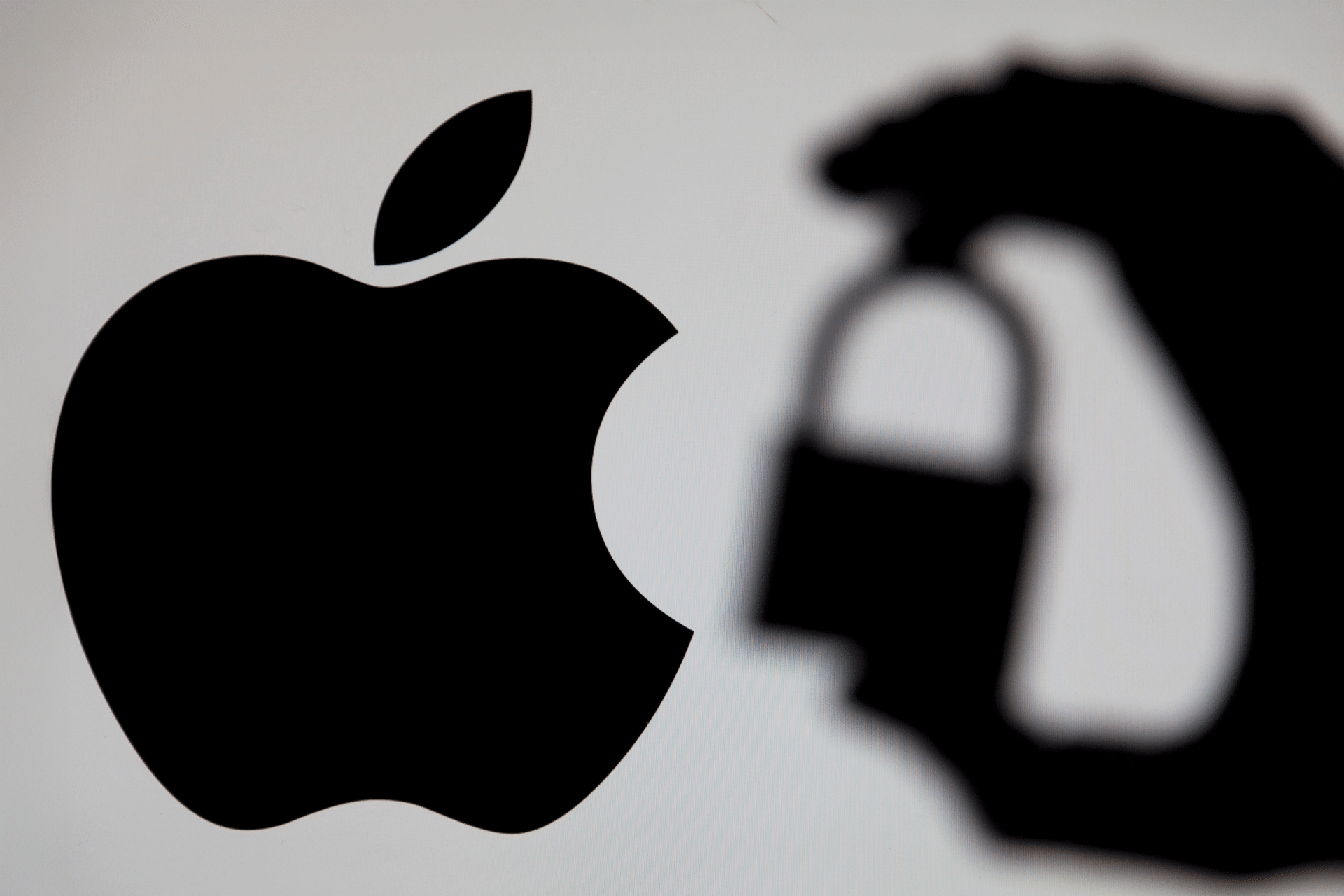A European consumer-protection organization has filed a complaint claiming Apple misled users about how its App Tracking Transparency system operates. The group argues that the privacy prompts introduced with iOS may create an impression that all forms of cross-app tracking are blocked when users decline permission, even though certain types of data may still be processed under Apple’s own frameworks. The complaint, now under review by regulators, focuses on whether Apple’s disclosures accurately reflect what happens behind the scenes and whether users fully understand the scope of data allowed under the company’s advertising and analytics policies.
According to the filing, the organization believes the ATT prompt implies a complete halt to tracking when users tap “Ask App Not to Track,” but Apple’s policies include exceptions for select categories of data used for measurement or platform-level operations. Critics say this distinction is not obvious to the average user. They also highlight that Apple’s own advertising services may rely on aggregated or anonymized data that falls outside ATT’s definition of “tracking,” creating a gap between user expectations and technical implementation. Apple maintains that ATT specifically targets cross-app and cross-site tracking by third-party developers and is not meant to govern internal platform analytics.

How the Complaint Developed
Consumer advocates examined how apps behave when users decline tracking permission and claim that some app-related data can still be collected for contextual advertising or internal system functions. They argue that Apple emphasized ATT as a strong privacy safeguard without sufficiently clarifying these exceptions.
The filing also questions whether Apple’s documentation and public messaging create an overly simple interpretation of a complex privacy framework, potentially misleading users who assume no data flows occur after opting out.
Regulators reviewing the complaint will assess whether Apple’s policies and disclosures meet regional transparency and consumer-information requirements.
Apple has stated consistently that ATT is designed to prevent developers from tracking users across other companies’ apps and websites using unique identifiers. The company also says that any data used for advertising on Apple’s own platforms is processed in a privacy-preserving way, relying on aggregation, on-device processing or anonymization. Apple’s position is that these activities do not fall under the definition of “tracking” as outlined in ATT rules, which specifically center on third-party data linkage.
Industry analysts note that ATT reshaped mobile advertising by limiting access to identifiers such as IDFA. While advertisers and developers experienced reduced visibility into user behavior, Apple’s own ad products—particularly in the App Store—continued to rely on platform-level signals. This discrepancy has been a point of contention among competitors and digital-rights groups since ATT launched. The new complaint intensifies those concerns by suggesting that user understanding of ATT may not match how the system technically functions.

Regulatory Scrutiny And Industry Effects
The complaint adds to broader regulatory scrutiny surrounding large platform operators. Authorities have been examining how mobile ecosystems handle data permissions, whether disclosures are comprehensive and how privacy frameworks affect competition. Questions around transparency are central to many ongoing reviews in Europe and other regions.
For developers, ATT has required major adjustments to attribution models, advertising budgets and in-app engagement strategies. Any regulatory changes resulting from this complaint could again influence how advertising networks operate and how apps measure activity.
Observers say the case underscores a recurring challenge in mobile privacy design: simplifying user choices while managing complex technical requirements that support platform operations.
As regulators evaluate the filing, Apple may face new requests to clarify how ATT interacts with its own advertising systems. The company has indicated that it will cooperate with authorities reviewing the matter. The outcome could shape future disclosures and influence how large platform providers explain data-usage policies to users.











